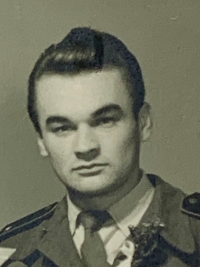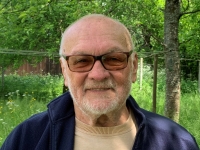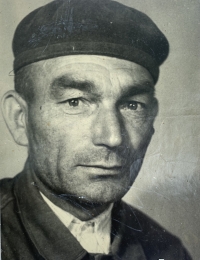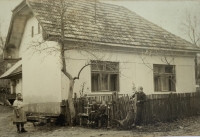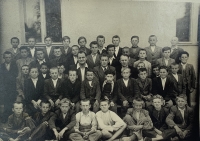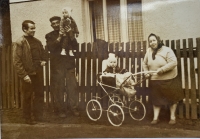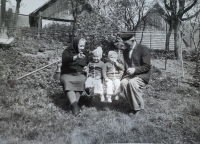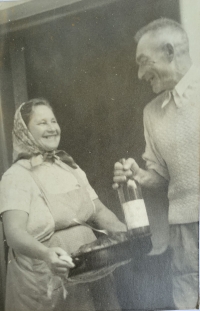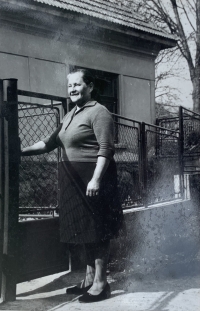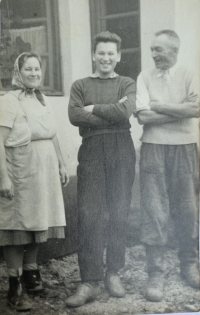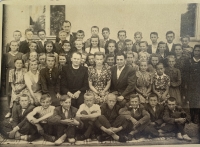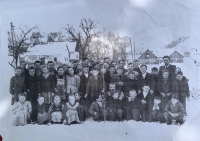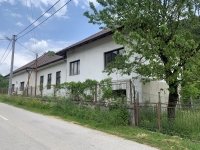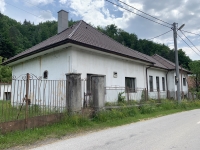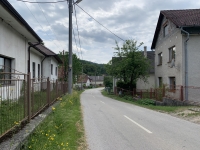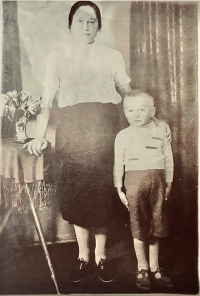Bloody water flowed down the Bebrava and in the yard I saw the empty boots of the men who had been shot
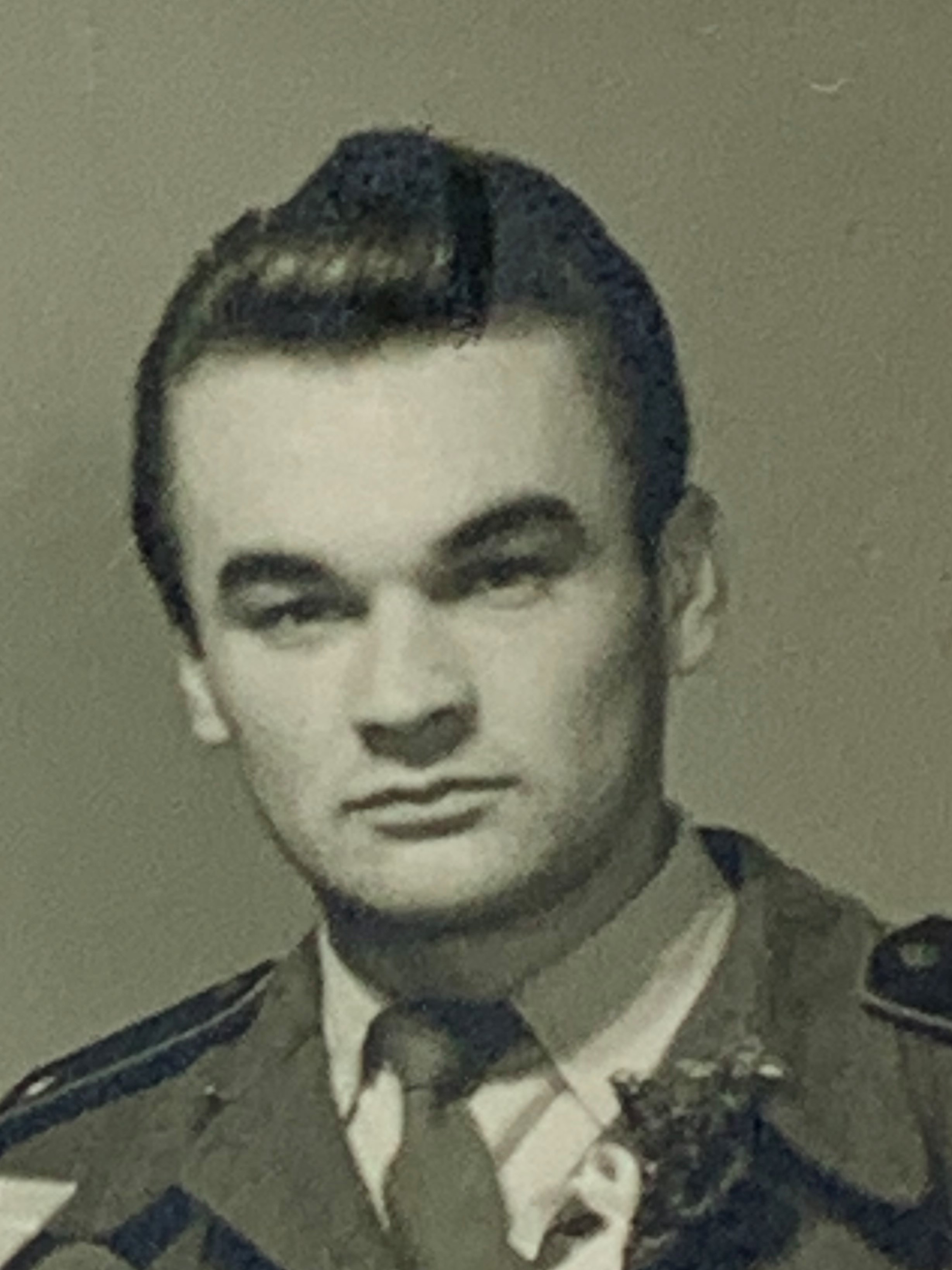
Stáhnout obrázek
Anton Kašička was born on January 22, 1935 in Čierna Lehota. Father Štefan Kašička and mother Gizela had a small farm, father worked on the farm of the local Jewish family Weiss and Löwy. At the beginning of the Second World War, Anton and his mother were working on a large estate in the Protectorate near Znojmo. From there he remembers the Hitler Youth, the Nazi youth organization. After returning to Slovakia, the school in Čierna Lehota was occupied by partisans. They hid sacks of flour, clothes and shoes in the village. In mid-October, German troops invaded the village, burned the houses of Jewish families and also partisan supplies. The residents of Lehota hid and protected Jewish families until the end of the war. In November, the Germans invaded the village again, shot two young men and dragged about 30 men, including Anton‘s father, to Trenčín. At that time, 23 people were shot dead in the neighboring village of Šípkov. Partisans and German troops alternated in the Čierna Lehota until the end of the war. They also lived in the Kašička house. Towards the end of the war, the villagers experienced bombing and retreated to Šípkov for a few days. The village was liberated on April 7, 1945 by the Red and Romanian armies. After the war, Anton graduated from grammar school and continued at university, but did not finish his studies. He went to work in the Czech Republic on the German border, experienced the houses left by the Germans, and later enlisted in Olomouc. After his military service, he got a job in Púchov, graduated from an economics school and worked in Makyta. He also worked in a mine in Karvina for a year. He married and had two daughters. In 1968, he welcomed the political stances of Alexander Dubček and was disappointed by the subsequent development of politics after August 1968. In November 1989, he supported the changes, but did not agree with the division of Czechoslovakia. Currently retired, lives in Nitra.
